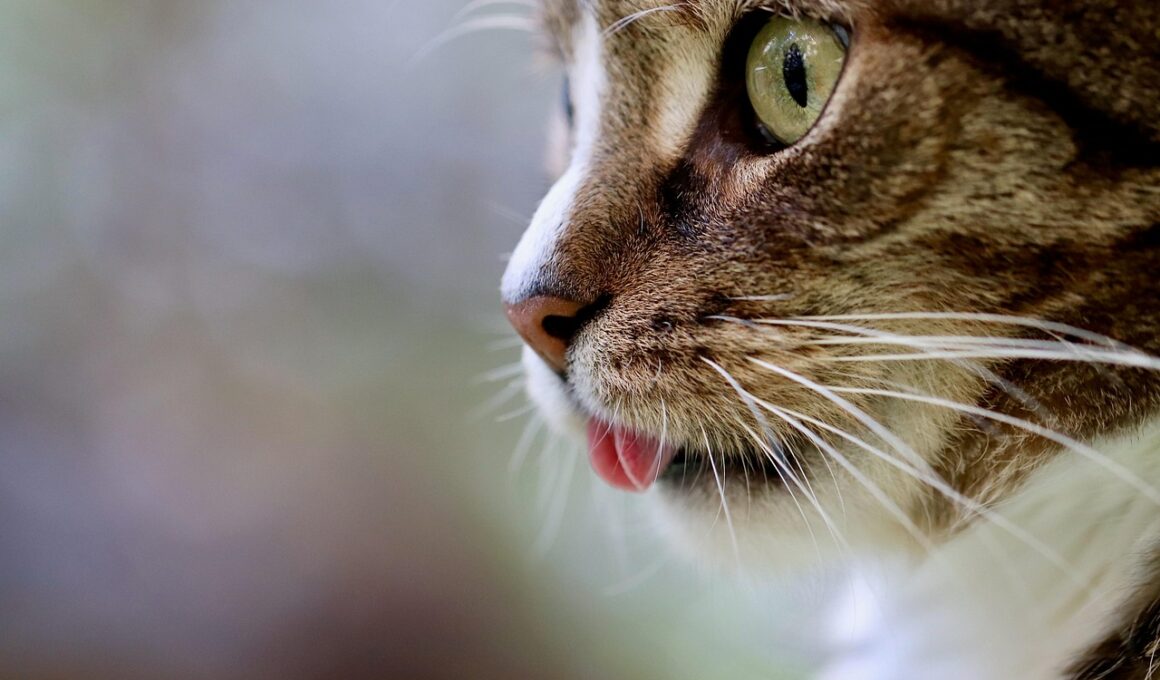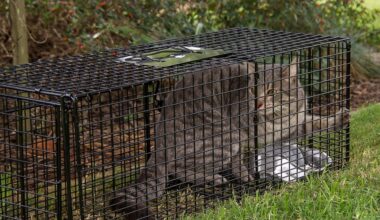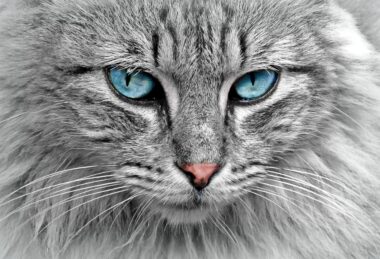Vaccination Awareness Campaigns: What Cat Owners Should Expect
As a cat owner, being proactive about vaccinations is crucial for your pet’s health. Vaccination awareness campaigns serve to educate pet owners on the importance of vaccinations. This applies to various diseases such as feline leukemia, rabies, and panleukopenia, which are potentially life-threatening. Campaigns often disseminate information through flyers, social media, and community meetings. By participating in these campaigns, owners not only learn about the services available but also understand how to keep their pets safe. Engaging in these educational opportunities can mitigate future health issues for cats.
Vaccination campaigns typically focus on providing accessible information. They aim to dispel myths and misinformation surrounding vaccinations. Many pet owners hesitate to vaccinate due to unfounded fears. Campaigns clarify these misconceptions and explain the science behind vaccines. They often host Q&A sessions with veterinarians to address concerns directly. Educational resources may include brochures that outline vaccination schedules and common reactions. Making the information easy to understand fosters a sense of confidence among cat owners. When owners feel informed, they are more likely to adhere to vaccination recommendations.
Community Outreach and Support
Community involvement is fundamental in vaccination awareness campaigns. Local shelters and veterinary clinics often collaborate to increase outreach efforts. This partnership aims to reach as many pet owners as possible. Campaigns may include free vaccination days or discounted services. Additionally, they distribute educational materials at pet stores and libraries. By integrating these services, communities create a support network for cat owners. This encourages responsible pet ownership and highlights the role of vaccinations in public health. A well-informed community is more likely to take action to protect both their pets and family.
Social media platforms enhance the reach of vaccination awareness campaigns significantly. Engaging posts and educational videos can be shared widely to inform a greater audience. Pet influencers often participate in these campaigns, sharing their own vaccination stories. This approach resonates with many pet owners, showing that vaccinations are a normal and vital part of pet care. Live sessions hosted on platforms like Facebook and Instagram allow owners to interact directly with veterinarians. These interactions can clarify doubts and encourage responsible pet ownership through dialogue.
Understanding Vaccination Schedules
One essential aspect of vaccination awareness campaigns is educating owners about vaccination schedules. Cat ownership comes with responsibilities, including knowing when vaccines are due. Kittens typically receive their initial vaccines at six to eight weeks, followed by boosters. Adult cats require annual or triannual boosters depending on the vaccine type. Campaigns provide charts and guidelines to help owners track their pets’ vaccinations. By understanding when their cats need vaccinations, owners can ensure timely vaccinations, protecting their pets from infectious diseases.
Another significant element of these campaigns is highlighting the benefits of vaccinations. Vaccines not only protect individual cats but also contribute to overall population health. For instance, widespread vaccinations can decrease disease transmission in shelters and communities. Most importantly, they help prevent outbreaks. When a high percentage of a population is vaccinated, herd immunity is established, safeguarding even unvaccinated pets. Campaigns communicate these benefits effectively, motivating owners to participate actively in vaccination programs for their cats.
Encouraging Routine Check-ups
Vaccination awareness campaigns emphasize the importance of regular veterinary visits. Routine check-ups and vaccinations together keep cats healthy and help detect potential issues early. Campaigns often encourage pet owners to schedule annual exams to maintain their cats’ well-being. Veterinarians assess the overall health of cats and recommend necessary vaccines. Regular visits foster a trusting relationship with veterinarians, making it easier to discuss any concerns. By ensuring that pets receive consistent care, owners can enhance their cats’ longevity and quality of life.
Lastly, enduring participation in vaccination awareness campaigns should become a priority for cat owners. Staying informed and proactive significantly affects not only individual cats but also public health. Owners should take advantage of resources provided during these campaigns. Networking with other cat owners creates a community of shared knowledge and experiences. It also fosters a supportive environment that encourages responsible pet ownership. By continuing to engage with these initiatives, owners contribute to a healthier future for their cats and communities.





